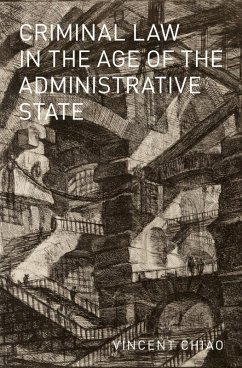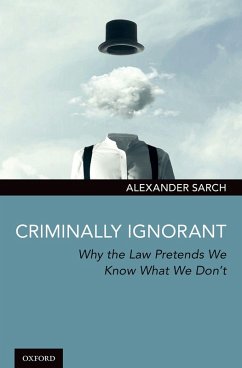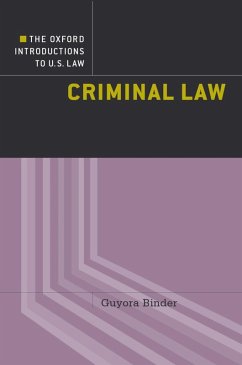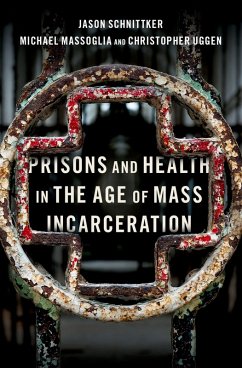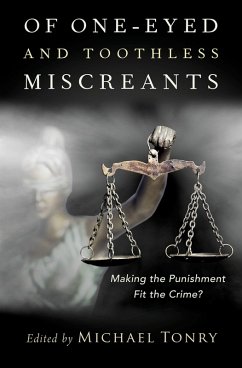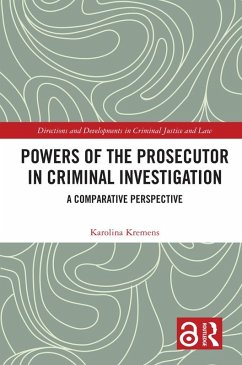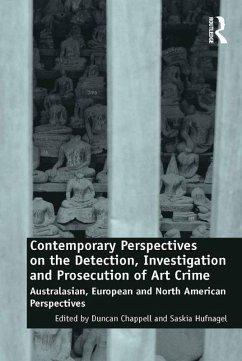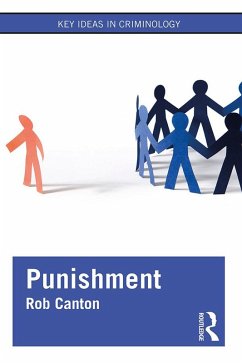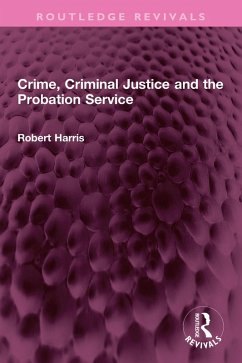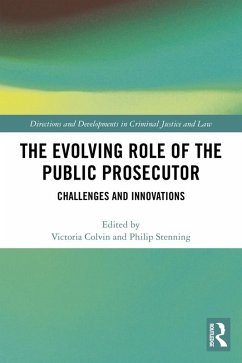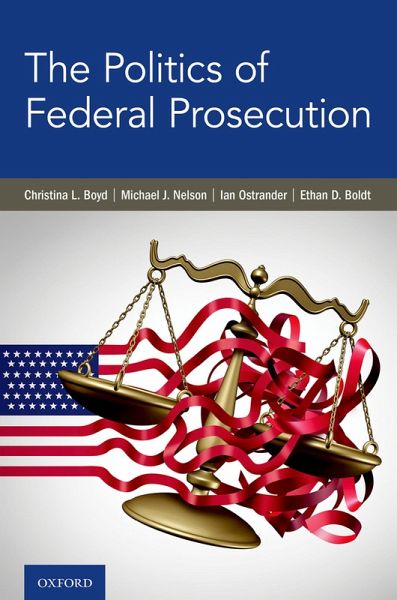
The Politics of Federal Prosecution (eBook, ePUB)
Versandkostenfrei!
Sofort per Download lieferbar
48,95 €
inkl. MwSt.
Weitere Ausgaben:

PAYBACK Punkte
24 °P sammeln!
Federal prosecutors have immense power and discretion to decide when to bring criminal charges, what plea bargains to offer, and how to implement the federal government's legal priorities in their districts. While U.S. Attorneys take pains to emphasize their independence, we know relatively little about the extent to which politics colors federal prosecutorial staffing and decision making. The Politics of Federal Prosecution draws upon a wealth of data from 1990s to the present to examine the interplay of political factors and federal prosecution. First, the authors find that congressional and...
Federal prosecutors have immense power and discretion to decide when to bring criminal charges, what plea bargains to offer, and how to implement the federal government's legal priorities in their districts. While U.S. Attorneys take pains to emphasize their independence, we know relatively little about the extent to which politics colors federal prosecutorial staffing and decision making. The Politics of Federal Prosecution draws upon a wealth of data from 1990s to the present to examine the interplay of political factors and federal prosecution. First, the authors find that congressional and presidential politics affect who becomes federal prosecutors and how long those individuals serve. Second, the book demonstrates that signals of presidential and congressional preferences, along with local priorities, affect key prosecutorial decisions: whether to bring prosecutions, how to approach plea bargaining negotiations, and when to utilize criminal asset forfeiture to cripple criminal activities. In short, the book demonstrates that politics affects the behavior of U.S. Attorneys at nearly every stage of their service.
Dieser Download kann aus rechtlichen Gründen nur mit Rechnungsadresse in A, B, BG, CY, CZ, D, DK, EW, E, FIN, F, GR, HR, H, IRL, I, LT, L, LR, M, NL, PL, P, R, S, SLO, SK ausgeliefert werden.




